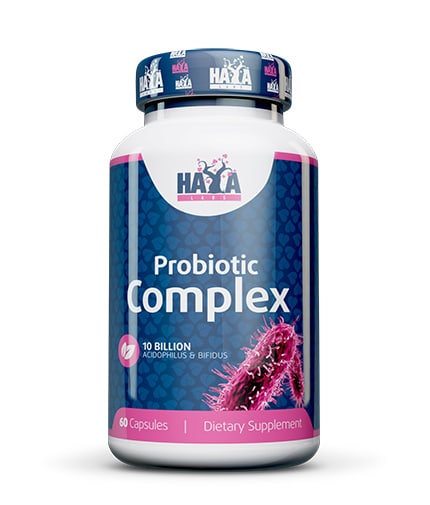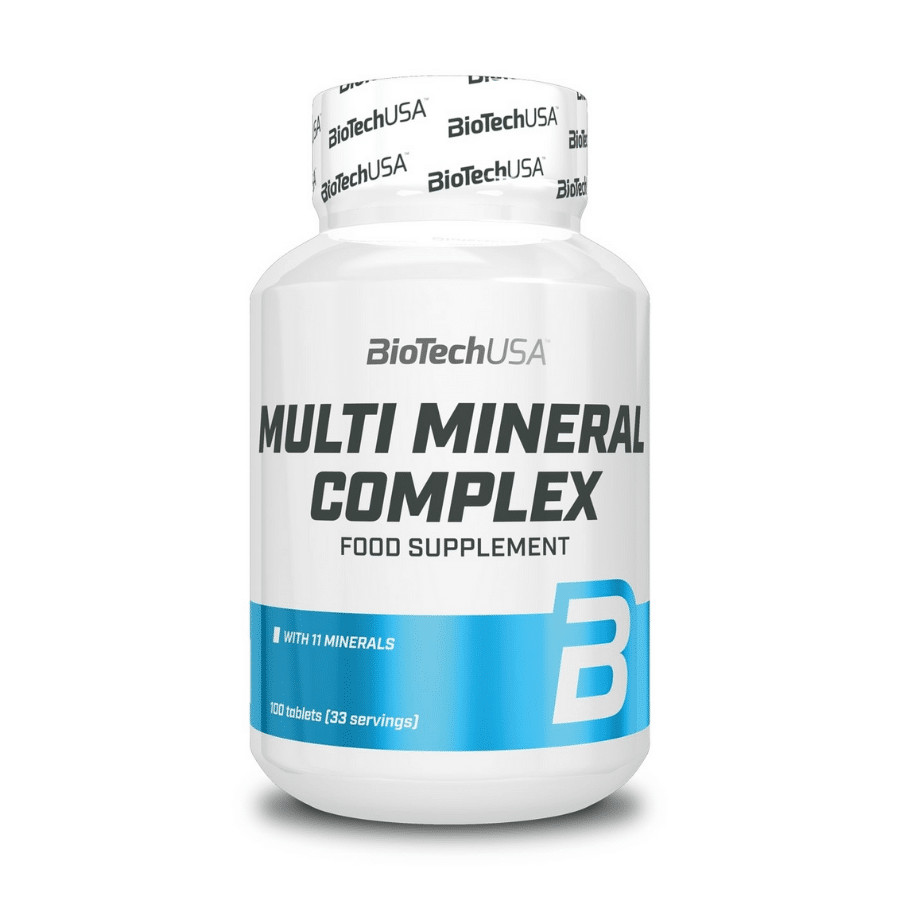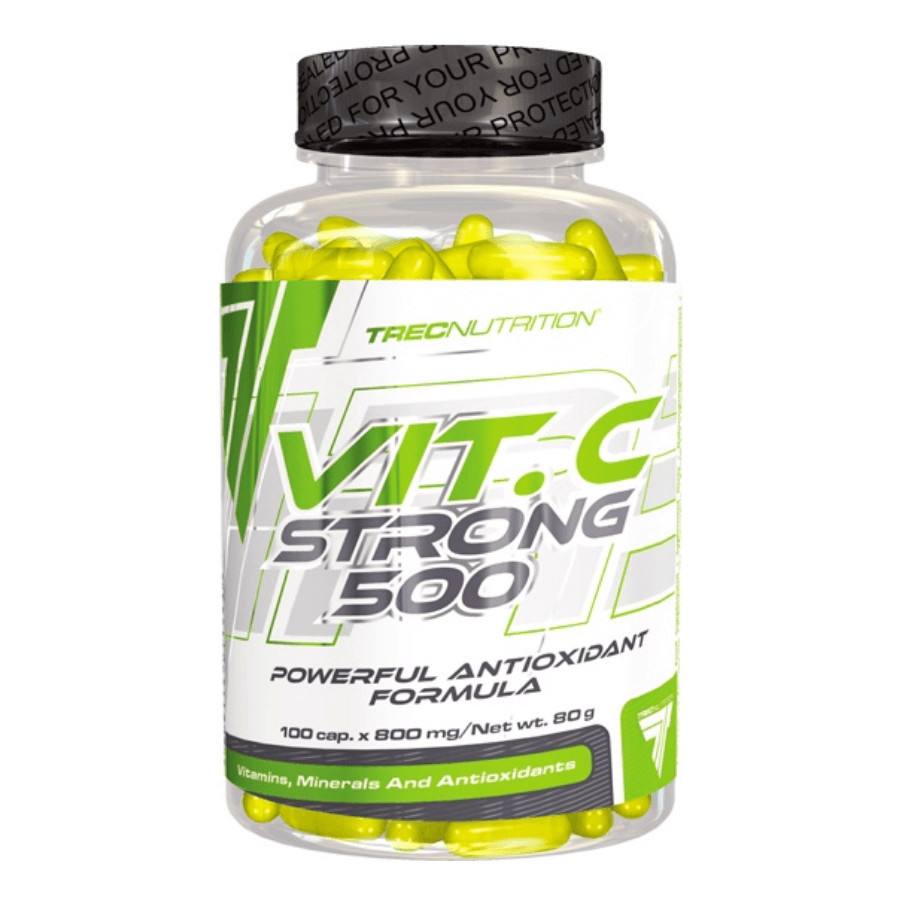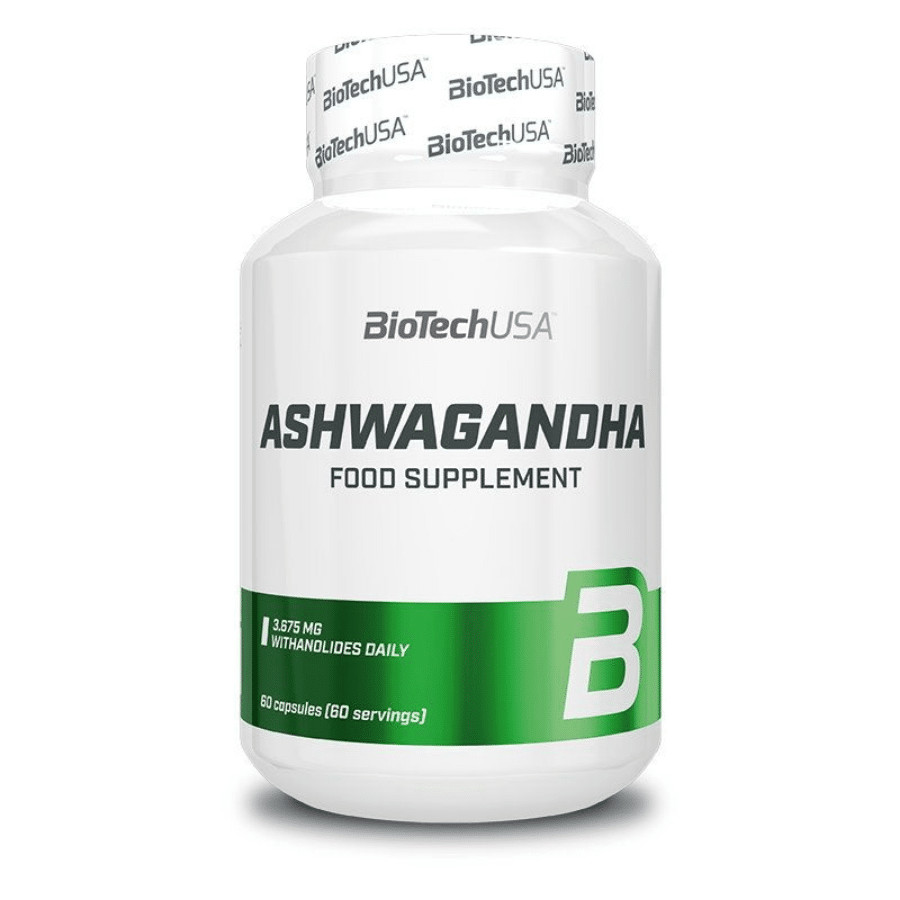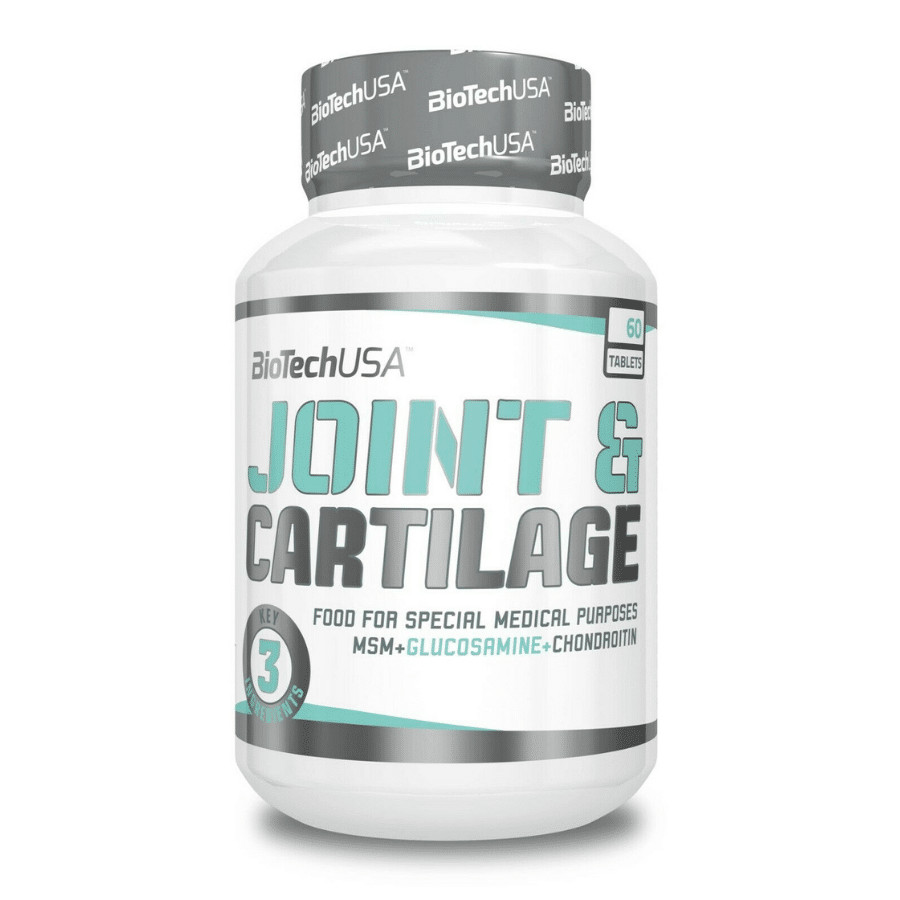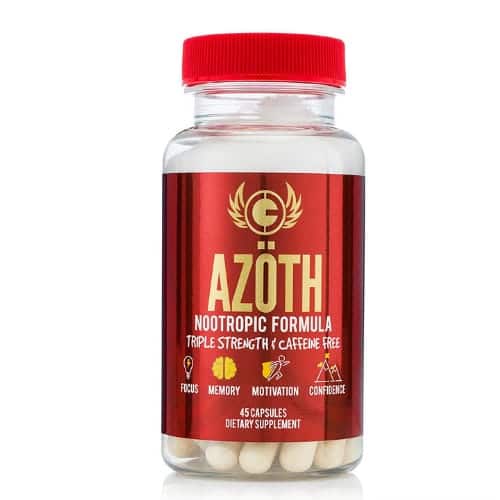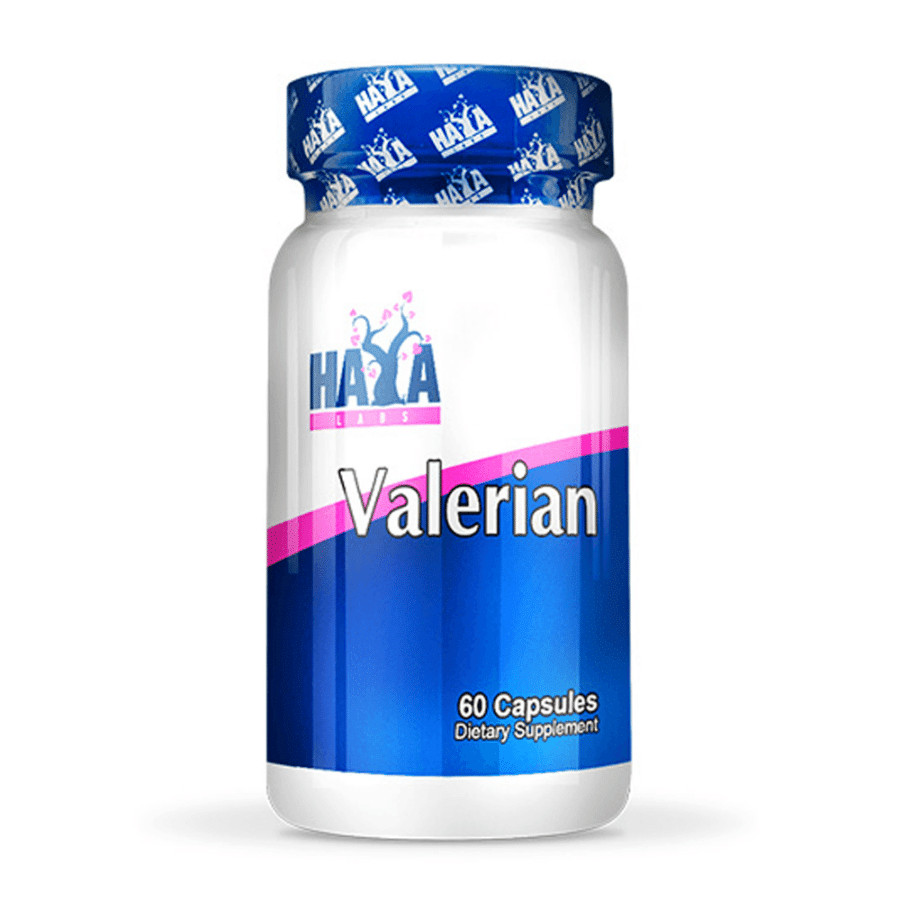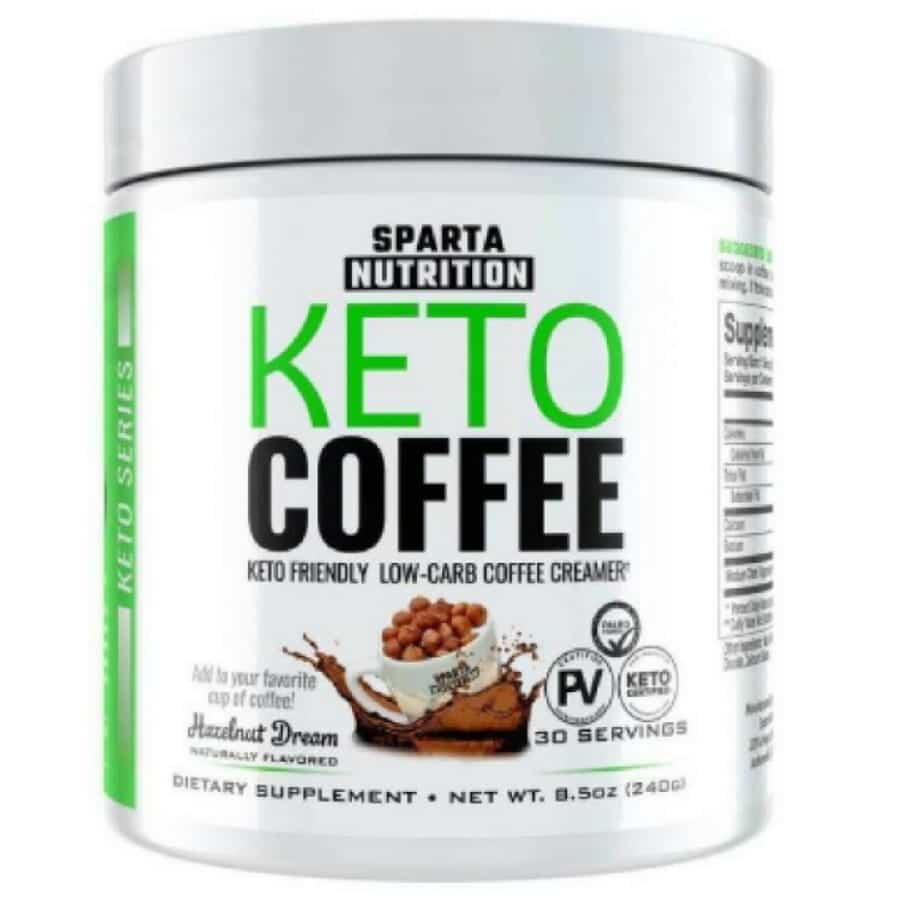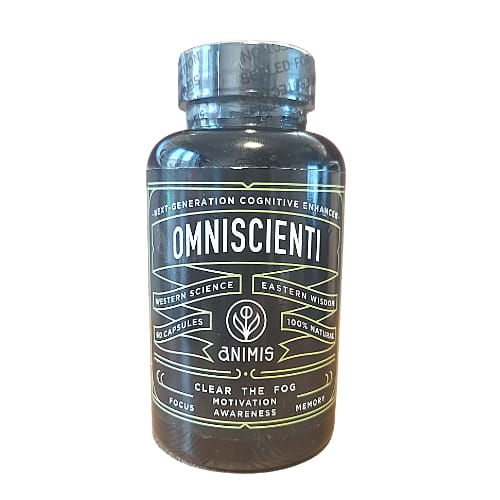
Unveiling the Power of DMHA: The Ultimate Guide to this Potent Stimulant
DMHA, also known as 2-Aminoisoheptane, is a powerful stimulant and thermogenic compound recently gaining popularity in the supplement industry. It is a synthetic compound structurally similar to DMAA (1,3-dimethylamylamine), a banned substance in many countries due to its potential health risks. DMHA is commonly found in pre-workout supplements, fat burners, and energy drinks, where it is touted for increasing energy, focus, and athletic performance. It is also known for its potential to enhance mood and cognitive function. DMHA works by stimulating the release of neurotransmitters such as dopamine and norepinephrine, which can lead to increased alertness and a sense of well-being. While DMHA is not as widely studied as other stimulants, such as caffeine, it has gained a reputation for its potent effects. Athletes and fitness enthusiasts often use it for an extra edge in their training.
DMHA is a controversial compound, with some experts questioning its safety and efficacy. While it is legal in many countries, it is banned by sports organizations such as the World Anti-Doping Agency (WADA) and the National Collegiate Athletic Association (NCAA) due to its stimulant properties. Despite this, DMHA continues to be used by many individuals seeking a boost in energy and performance. As with any supplement, it is essential to understand the potential risks and benefits of DMHA before using it.
Related Products
-
Out of stockOut of stock
Product no longer in sale
Check our bestsellersThe History of DMHA
DMHA was first synthesized in the 1940s as a nasal decongestant and bronchodilator. It was later used in the pharmaceutical industry to treat asthma and bronchitis. However, its use as a dietary supplement gained traction in the early 2000s, when it appeared in pre-workout supplements and fat burners marketed towards athletes and bodybuilders. Its popularity increased due to its reported effects on energy, focus, and athletic performance.
In recent years, regulatory agencies and sports organizations have scrutinized DMHA due to concerns about its safety and potential for abuse. In 2019, the Food and Drug Administration (FDA) issued warning letters to several companies selling DMHA products, citing safety concerns and a lack of evidence for its use as a dietary ingredient. Despite these warnings, DMHA remains available in many supplements on the market, and its use remains widespread among athletes and fitness enthusiasts.
How DMHA Works in the Body
DMHA works by stimulating the release of neurotransmitters such as dopamine and norepinephrine in the brain. These neurotransmitters regulate mood, energy levels, and cognitive function. By increasing their release, DMHA can lead to feelings of increased alertness, focus, and well-being. This can be particularly beneficial for athletes and individuals looking to enhance their performance during workouts or other physical activities.
In addition to its effects on neurotransmitters, DMHA also has thermogenic properties, meaning it can increase the body’s metabolic rate and promote fat burning. This makes it a popular ingredient in fat burners and weight loss supplements. By increasing energy expenditure and promoting fat oxidation, DMHA may help individuals achieve their weight loss goals more effectively.
While the exact mechanisms of action of DMHA are not fully understood, its stimulant and thermogenic properties make it a sought-after ingredient in many dietary supplements. However, its potential for abuse and safety concerns have led to increased scrutiny from regulatory agencies and sports organizations.
Related Products
-
Product no longer in sale
Check our bestsellersJoint & Cartilage 60tabs
£16.68Potential Benefits of DMHA
The potential benefits of DMHA are primarily related to its stimulant and thermogenic properties. Many users report increased energy, focus, and motivation when taking DMH supplements. This can be particularly beneficial for athletes and individuals looking to enhance their performance during workouts or other physical activities. Additionally, DMHA’s thermogenic properties may help promote fat-burning and weight loss when combined with a healthy diet and exercise regimen.
Some users also report improved mood and cognitive function when taking DMHA, which can be beneficial for individuals looking to enhance their mental performance. However, it is essential to note that the potential benefits of DMHA have yet to be extensively studied, and more research is needed to understand its effects on the body thoroughly.
Despite its reported benefits, DMHA should be approached with caution due to safety concerns and the potential for abuse. As with any supplement, it is essential to consult a healthcare professional before using DMHA products.
Safety and Side Effects of DMHA
The safety of DMHA has been a topic of debate in the supplement industry. While some users report positive experiences with DMHA, others have reported side effects such as increased heart rate, elevated blood pressure, anxiety, and insomnia. These side effects are common with stimulants and are often dose-dependent. It is essential to start with a low dose of DMHA to assess tolerance and minimize the risk of adverse effects.
In addition to potential side effects, there are concerns about the long-term safety of DMHAs, a relatively new compound; there is limited research on its safety profile and potential health risks. Some experts have raised concerns about its potential for abuse and addiction due to its stimulant properties.
Regulatory agencies such as the FDA have also expressed concerns about DMHA’s safety, issuing warning letters to companies selling products containing the compound. As a result, some countries have banned or restricted the sale of products containing DMHA due to safety concerns.
Related Products
-
AZOTH - Nootropic Formula
£45.65Product no longer in sale
Check our bestsellersHaya Valerian 250mg 60 Caps
£11.66Product no longer in sale
Check our bestsellersHow to Use DMHA Safely and Effectively
When using products containing DMHA, it is essential to approach them cautiously and follow recommended dosages. Starting with a low dose can help assess tolerance and minimize the risk of adverse effects such as increased heart rate and elevated blood pressure. It is also important to avoid combining DMHA with other stimulants, such as caffeine or ephedrine, as this can increase the risk of side effects.
It is also essential to be mindful of the potential for abuse and addiction when using products containing DMH. Using them responsibly and avoiding excessive or prolonged use can help minimize the risk of developing dependence on the compound.
Before using products containing DMHA, it is essential to consult with a healthcare professional, especially if you have any underlying health conditions or are taking medications. They can guide you on whether DMHA is safe for you to use and help monitor for any potential side effects.
The Future of DMHA in the Supplement Industry
The future of DMHA in the supplement industry remains uncertain due to ongoing safety concerns and regulatory scrutiny. While it continues to be available in many supplements on the market, its use has become increasingly controversial.
As more research becomes available on the safety and efficacy of DMHA, its future in the supplement industry may become more apparent. However, until then, consumers must approach products containing DMHA cautiously and be mindful of potential risks.
Related Products
-
AZOTH - Nootropic Formula
£45.65Product no longer in sale
Check our bestsellersHaya Valerian 250mg 60 Caps
£11.66Product no longer in sale
Check our bestsellersIn conclusion, while DMHA may offer potential benefits for energy, focus, and athletic performance, it is essential to approach its use with caution due to safety concerns and the potential for abuse. Consulting with a healthcare professional before using DMHA products can help ensure safe and responsible use. As more research becomes available on the compound, its future in the supplement industry may become more apparent.
About the author
Cross The Limits
Cross The Limits is a passionate advocate for health, fitness, and well-being. Since 2018, we have been providing top-quality dietary supplements and vitamins across the UK. Based in Suffolk, our team is committed to helping you achieve your fitness goals with trusted products, expert advice, and unwavering support. Through our blog, we share valuable tips, insights, and the latest trends to inspire and guide you on your health and fitness journey.
Check other posts

5 Simple Ways to Boost Your Energy
June 25th, 2025
Read more
What are the Best Supplements for Muscle…
June 18th, 2025
Read more
Should You Take Creatine Before or After…
June 11th, 2025
Read moreWe use cookies to ensure that we give you the best experience on our website. If you continue to use this site we will assume that you are happy with it.
ACCEPT
